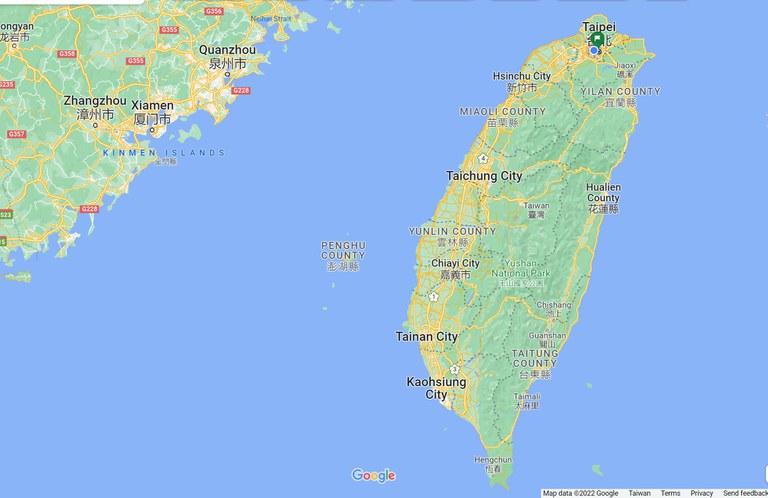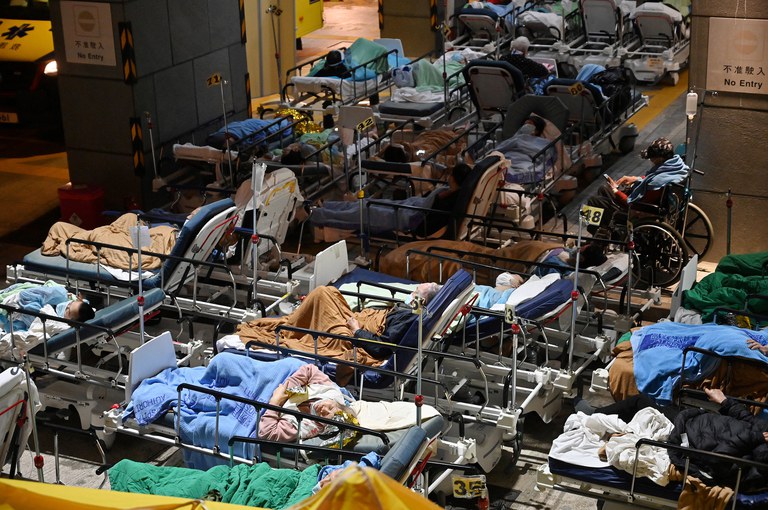Vietnamese artist ‘shocked’ after being ordered to destroy 29 paintings
Popular Vietnamese artist and poet Bui Quang Vien is vowing fight an order from authorities in Vietnam’s largest city to destroy 29 of his abstract paintings because he showed them in a gallery last month without a permit. The Ho Chi Minh City government on Aug. 9 fined Vien 25 million dong (about US $1,000) and, in an unprecedented move critics called a “step backward” even in a country known for heavy censorship, ordered the destruction of his work for a painting exhibition he held July 15-30 at Alpha Art Station. “I can’t find a word to express my shock,” the artist, who publishes poetry under the pen name Bui Chat. He called the order “unbelievable and unimaginable.” “I knew I would be given a fine because they had established an inspection group of 15-16 people who came and made a record that I had held the exhibition without a permit,” he told RFA Vietnamese in an interview. “I acknowledged that I had organized the exhibition without applying for a permit,” said Vien, who told RFA he was too busy organizing the show and had no idea that he needed to apply for a permit. “I was thinking they would only give me a fine,” he added. The administrative order–signed by Duong Anh Duc, vice chairman of the Ho Chi Minh City government–states that if Vien does not destroy his artwork, they will be forcefully destroyed, while interest will be charged if he pays the fine late. “Over the past year, many exhibitions took place at the same time as or a little bit earlier than mine, almost all in small galleries in Saigon that I know, did not apply for an exhibition permit,” he said. Saigon is the former name of Ho Chi Minh City. “They were held as usual and without any problems. However, my exhibition was punished for not having a permit,” added Vien. Vien, whose 29 paintings that have been targeted by authorities contained no political message or nudity, is no stranger to harassment by authorities in the one-party Communist state. In 2011, under his pen name Bui Chat, he won the International Publishers Association’s 2011 Freedom to Publish Award. However, after returning from a trip to Argentina to receive the prize, he was detained and grilled by the police for two days. Censorship of culture and literature has been a long-standing practice in Vietnam but experts said that censorship of paintings was a new thing. “Vietnam is known for destroying books. However, this is the first incident in the field of painting. Before I had never heard about a case in which a fine given to an exhibition came with the requirement to destroy paintings,” said Hoang Dung, a professor and member of the Vietnam Independent Literature Association’s Advocacy Committee “To put it bluntly, this is a step backwards in culture management. I believe that anyone with a normal conscience would be shocked by such a decision,” added Hoang. Vien told RFA that he would fight to protect his artworks and not easily give up. “The decision says that I can make a complaint or take legal proceedings. Therefore, I’ll see my lawyers to carry out procedures to file a complaint or lawsuit to protect my rights and interests,” he told RFA. “There is no way that I will destroy my artwork.” Translated by Anna Vu. Written by Paul Eckert.







